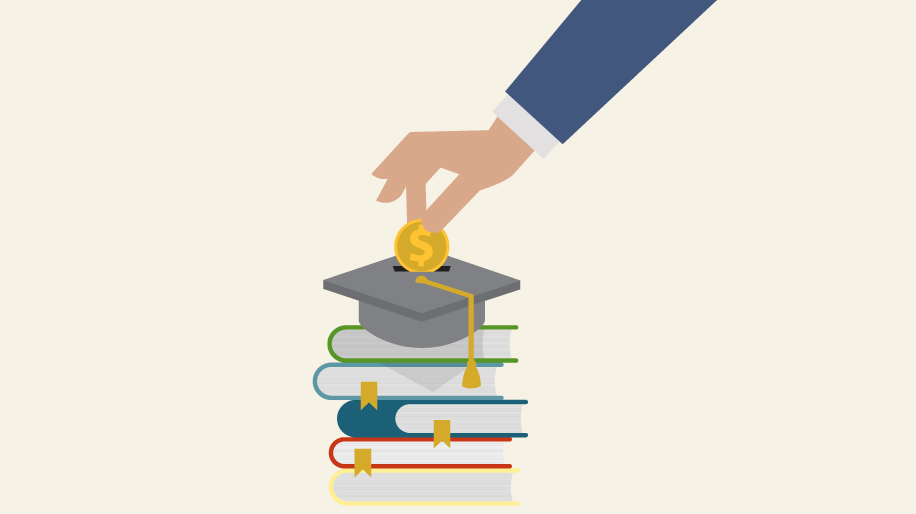Student loans: Pay back or invest?

With interest rates and the cost of living on the rise, many graduates are wondering about the best strategy for managing their student debt. Should they pay it back faster, or invest instead? The answer is not as simple as it was a few years ago.
“When interest rates were between 2.5% and 4%, we didn’t even ask ourselves the question. We knew we could make our investments work. Currently, rates are around 7%. That changes the game,” says financial security advisor Félix Caron.
Case-by-case analysis
Experts agree on one point: there is no one-size-fits-all solution. “It depends on each person’s financial situation, risk tolerance, investment horizons and psychological pressure of being in debt,” says Léa Saadé, Regional Vice-President at fdp Private Wealth Management.
For certain professionals, especially in the field of medicine, the stakes are all the higher. “For graduates in medicine, dentistry or pharmacy, student debt can easily amount to between $150,000 and $300,000, even more,” she points out.
The first step is to draw up a full picture of your financial situation. “You have to do a budget. Are there other debts with higher interest rates? These are the debts you need to pay back first,” the VP reminds us.
Tax benefits
Do not forget about these. Since April 2023, the Canadian government no longer charges interest on federal student loans, unlike the Quebec government.
The tax credit applicable to student loan interest is another important factor to consider, Félix Caron reminds us. He advises using realistic projections to assess the merits of paying back your debt or investing, and points out that the impact of compound returns on a long-term investment can be significant: “The longer the investment horizon, the less you need a high rate of return for the investment to be advantageous over paying back debt.”
The decision also depends on future plans, such as buying a property. “Student debt is taken into account when calculating borrowing capacity. But if I have savings, that helps balance” says Léa Saadé.
Growing concern
Both professionals are noticing an increase in concerns among their clients. “I’ve had people call me to update their files. I even had some who changed their minds and focused on paying back their student loans,” says Félix Caron.
This concern even extends to parents. “They want to know how to help their kids,” Léa Saadé points out. “Do they offer a contribution to the down payment on a property, or do they help pay back the debt? They weigh various scenarios.”
While paying back debt is never a poor choice, experts suggest carefully weighing all the options. A consultation with a financial services professional can help you make an informed decision in the current economic context.
References
This article was first published in the Spring 2025 edition of the CSF's magazine.
Read also
PRESS RELEASE